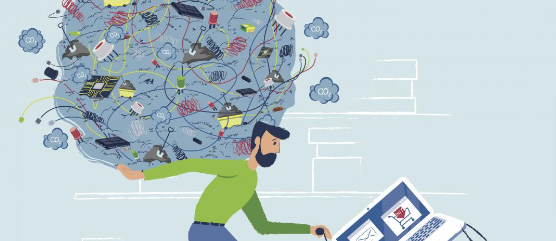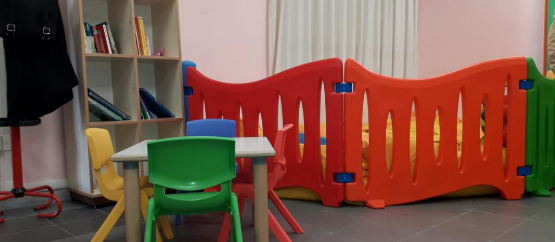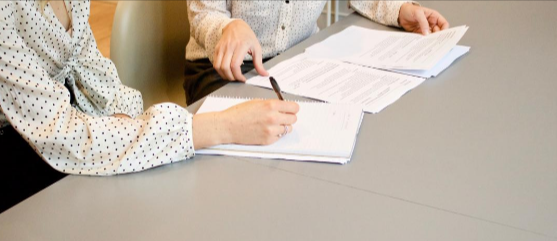The University of Cagliari is at the forefront of the development of projects that aim to recycle and recover materials otherwise destined to be disposed of as waste.
The guidelines for waste management and the implementation of the circular economy are those laid down in the so-called European waste hierarchy: reduction, reuse, recycling, collection, recovery.
UniCa's concrete actions
On the subject of responsible management of urban waste, the University is committed to achieving a useful implementation of the service, consistent with the new rules for separate waste collection.
On the subject of limiting the production of waste, also addressed by the Resources and Waste Working Group in the RUS area, the University has made a decisive contribution to the drafting of a set of regulations to encourage the reuse of disused university movable property by means of free transfer to specific authorised parties, such as the Red Cross, educational institutions, and non-profit social organisations, in accordance with the provisions of specific Italian legislation and in full compliance with the principles of the circular economy and the so-called 'waste hierarchy'.
With reference to the management of special waste, the undertaken initiatives have led to the rationalisation of the process, and to an efficient cataloguing and knowledge of the waste produced, its origin and responsibility for it, improving the prevention of environmental or safety risks, and in general of non-compliance in management.




